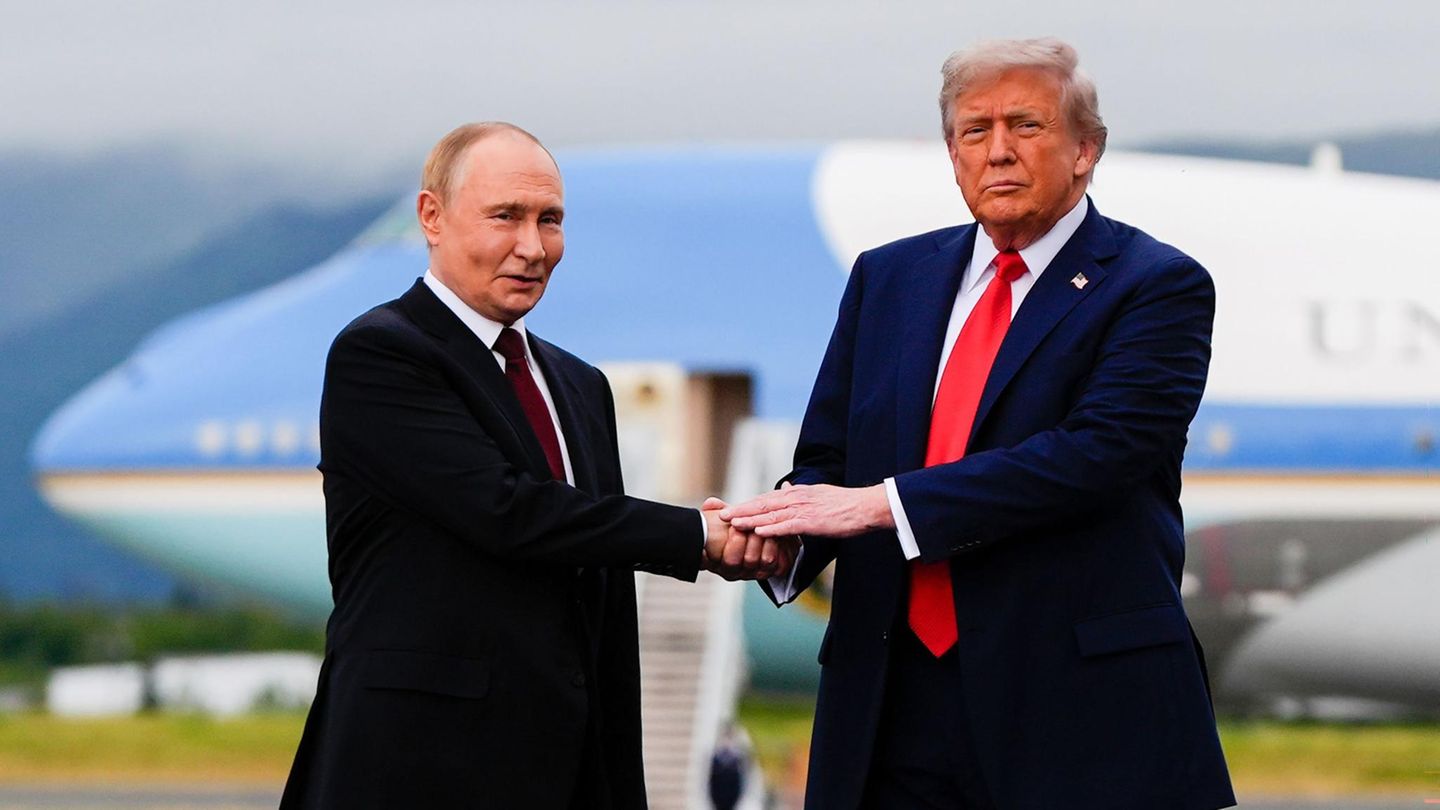A peculiarity of the Wirecard trial: Many of the witnesses invited so far knew nothing. A Japanese manager who came specially from Malaysia is the exception – but his statement raises questions.
In the Wirecard trial, the first witness to arrive from Southeast Asia supported the central accusation of sham transactions. According to the manager Yoshio Tomiie, who was invited from Malaysia, the former Wirecard sales director Jan Marsalek, who has been in hiding since 2020, was significantly involved in the founding of the Singapore Senjo group of companies. The 64-year-old Japanese said this on Wednesday in front of the Munich I Regional Court. According to the prosecution, Senjo was one of the company constructs through which non-existent credit card payments were processed.
Tomiie worked for the Senjo Group for several years. According to the manager’s statement, translated by interpreters, their subsidiary Senjo Payment had neither the technology nor the staff to process payment transactions: “There was no payment gateway and no servers in the building, said the 64-year-old on the 96th day of the trial. “The employees were missing, they didn’t exist.”
Former CEO Markus Braun, manager Oliver Bellenhaus, who formerly worked for Wirecard in Dubai, and the former chief accountant of the DAX group, which collapsed in 2020, have been on trial in Munich for over a year.
What are the charges?
According to the indictment, as a commercial fraud gang, they, together with Marsalek and other accomplices, only faked billions in sales with so-called third-party partners in the Middle East and Asia. Three of these companies played a significant role: Al Alam in Dubai, Payeasy in the Philippines and the Senjo Group in Singapore, for which Tomiie worked.
The presiding judge Markus Födisch presented Tomiie with a list of alleged sales of the Senjo Group with Japanese corporate customers from the investigation files. “I should have noticed it if it existed,” Tomiie said.
Braun denies all allegations. The Austrian, who has been in custody for three and a half years, accuses Marsalek and Bellenhaus of embezzling immense sums of money from real transactions without his knowledge and without his involvement. According to Braun’s defense attorneys, the three third-party partner companies were Marsalek’s creations. This is said to have then led Braun to believe that they were external business partners.
According to Tomiies, Marsalek was also behind the founding of the Senjo Group. Marsalek, who has been in hiding since 2020, even came up with the name of the group of companies. Marsalek first suggested “Koyasan,” Tomiie said. “This is a sacred Buddhist mountain in Japan”. That’s why it wasn’t possible.
Then Marsalek decided on “Senjo”, also a mountain in the Japanese Alps, but with no religious significance for Buddhists. Additionally, the word “Senjo” means “battlefield” in Tomiie’s words. “So I said, that’s fine.”
However, Tomiie’s own role remained open. Chairman Födisch asked the witness several times what he and the other Senjo employees had actually done: “They must have done something.”
Did Tomie know more than he wanted to say?
According to Tomiie’s account, he had the title “Director”, but did not live in Singapore, the headquarters of the Senjo Group, but in Malaysia. And he only rarely worked for Senjo. Judge Födisch made it clear that, in his opinion, Tomiie knew more than he wanted to say on the witness stand: “I don’t understand if you don’t know anything about the decisions,” sighed the chairman.
The majority of witnesses heard in the first year of the trial were former Wirecard employees from Germany who could not say anything concrete about the accusations.
Foreign witnesses who were closer to the crime in the Middle East – or like Tomiie – in Southeast Asia could know more. But most of the foreign witnesses summoned so far have not even responded to the summons, let alone appeared in the underground Munich courtroom in the Stadelheim prison.
Source: Stern




